Reviewed by Sahil Chopra, MD, and Stacey Gunn, MD.
Research by Savit Malhotra and Theresa Do.
Introduction
As students head back to school, the excitement of new classes and old friends fills the air. Amidst the hustle and bustle of academic life, however, there is one factor that often gets overlooked: sleep. For students, quality sleep is a powerful tool that can impact their academic performance, mental well-being, and overall health. In this article, we will explore the importance of sleep for students, the challenges with back-to-school transitions, and tips for achieving better sleep, so that students can prepare to excel for the year ahead.

The Science Behind Teen Sleep
As we progress through life, our sleep changes in many ways. For example, the National Sleep Foundation (NSF) has established that teens should aim for 8-10 hours of sleep each night, whereas adults need slightly less, about 7-9 hours of sleep each night.[1] Dr. Michael Crocetti, a pediatrician at Johns Hopkins Medicine, explains that teens need this extra sleep for a number of reasons, such as to aid with physical growth spurts and support their cognitive maturation.[2] The reality, though, is that many students miss this mark significantly due to academic pressures and stress factors associated with being a teen (for more information on the growing epidemic of sleep deprivation among students and teens, we encourage you to read our article on the benefits of later school start times).
Although students need more sleep, it is often hard for them to get enough hours each night. Part of the issue is that teens are naturally later sleepers, experiencing what is known as a delayed circadian rhythm. During puberty, the brain releases a number of hormones all at once. One of these hormones is melatonin, which helps to signal that it is time for the body to sleep. During puberty, melatonin is released later in the evening than in a child or an adult.[3] While this isn’t the only reason why teens stay up late (for example, a lot definitely do stay up late on their phones or doing homework that they’ve been putting off), it is a natural explanation for teens not feeling tired during the night. Even when a teenager has their sleep schedule regulated so that they can achieve sufficient sleep, the delayed circadian rhythm continues to occur even after several weeks of regulation.[4] This is an often-overlooked aspect of teen sleep, and yet, it is one of the most important factors when it comes to bedtimes in teenagers.
Lastly, sleep architecture changes as one enters their teenage years and as they leave them. For example, teenagers often experience a significant decline in their slow-wave sleep (a drop of about 40%) during their later teenage years.[5] During slow-wave sleep, your body experiences a period during which brain activity is calm, but still present. Although the brain enters a state of meditation, this period is still vital to body functions. For example, this is the period during which growth hormone is secreted, memories are consolidated, tissues are repaired, and the immune system is strengthened.[6] As this decrease in slow-wave sleep occurs, older teenagers often begin to have a slower buildup of sleep pressure compared to those who are just entering their teenage years. This ties back to our earlier discussion of teenagers having later sleep times than children and adults. As slow-wave activity decreases, the brain becomes more efficient and overall is less tired from the same day-to-day tasks.[5]
Common Back-to-School Sleep Challenges
Coming back to school brings unique challenges, including changes in sleep schedules. Unless students are enrolled in summer school and/or extracurriculars, summer provides a time of relaxation. During the summer, students have more relaxed routines, allowing them to stay up later at night and also sleep in the next day. They are able to do more late-night activities since they have the comfort of being able to sleep in. Many do not have to worry about homework or other stressors associated with the academic season. As a result, students will have more time to spend on watching shows, playing video games, chatting with friends, and other hobbies. Outside of students’ change in lifestyle, in the summer, there is also more daylight. Additional daylight can suppress melatonin, a compound essential to helping us feel sleepy.[7] The relaxed routines, longer daylight, and more screen time can lead to a shift in their internal clock during that season.[8] These shifts can make the return to school and its demands for early mornings and consistent schedules particularly challenging.
Some students may also go on vacation to different regions of the world, where they may experience jet lag when coming back to school. For jet lag recovery, research finds that it takes around one day to recover per time zone crossed if you are travelling from east to west and one day to recover per one and a half time zones crossed if you are travelling from west to east.[9] The more time zones crossed, the higher the jet lag recovery time is needed. The higher burden when travelling from east to west is due to the “loss of time” and shortening of your internal clock.[10] Therefore, during vacation planning, if this is not accounted for, students will come back jet-lagged and fatigued.

How to Reset Your Sleep Schedule
One resource here at Empower Sleep that our patients use to help improve their sleep schedule is Cognitive Behavioral Therapy for Insomnia (CBT-I). As indicated by its name, CBT-I takes the approach of retraining your body and mind to help address sleep issues. CBT-I offers effective strategies for adjusting sleep schedules and promoting better sleep.
The main strategy is to maintain consistent wake times every day, even on the weekends. A misconception that some may have is that utilizing the weekend to catch up on sleep will be able to mend the effects of sleep deprivation throughout the week. Recent research has shown that those who catch up sleep on the weekend from sleep deprivation during the week still had negative impacts on their overall health, including caloric intake, insulin efficiency, and energy levels.[11] Therefore, managing your internal clock, or circadian rhythm, is crucial, as it not only automatically wakes you up and winds you down at specific times but also helps maintain the body’s systems. One CBT-I technique called sleep restriction can help adjust your sleep and wake times by training you to limit time in bed unless you are sleeping.[12] This also includes resisting the urge to sleep in after having a late night or taking long naps during the day. The goal of sleep restriction is to associate sleep with your bed and bedtimes so that your body can feel sleepier with those cues.
Tips for Better Sleep
It is also recommended to establish a routine for the day and before bed. When you first wake up, step outside and expose yourself to some sunlight. Morning sunlight has been found to have the most impact on overall sleep quality compared to evening or late sunlight exposure. [13] According to Michael Breus, PhD, even 15 minutes of direct morning sunlight may be beneficial.[14] This initial light exposure helps regulate your body’s circadian rhythm, promoting wakefulness to your brain.
Beyond the morning light, maintaining a healthy lifestyle also plays an important role in your sleep. Eating nutritious meals and staying hydrated can influence how our bodies feel throughout the day and at night.[15] A literature review on how diet impacts sleep found that diets that have high carbohydrate intakes are associated with increased rapid eye movement (REM) sleep, reduced sleep onset latency (the time it takes for someone to fall asleep), and reduced slow wave sleep. Diets that have high fat intakes are associated with lower sleep efficiency (the ratio of your total time spent sleeping to your total time spent in bed), lower REM sleep, higher slow wave sleep, and higher arousals during sleep. Overall, the review found that a number of studies agreed on increasing fruit and vegetable intakes, choosing whole grains high in fiber, and favoring low saturated fats.[16] It is not only what we eat that is important, but also when we eat. Eating too late can increase the risk of heartburn, acid reflux, and high blood sugar levels, impacting sleep.[17]
Having a wind-down routine before bed settles our minds and makes us more relaxed. Wind-down routines may look different for a person. However, some points to keep in mind are limiting caffeine intake and screens before bed. Caffeine is a stimulant that can disrupt sleep for hours after consumption. Although caffeine is great for helping us feel awake, the wakefullness may last longer than we anticipate. The general rule of thumb is to avoid caffeine at least 4-6 hours before bedtime.[18] Additionally, more research has cautioned against the use of electronic devices prior to sleeping. We may sometimes find ourselves scrolling on social media when we have a hard time sleeping. As we scroll, blue light is emitted from our phones, tablets, computers, and TVs. This type of light suppresses melatonin production, which tricks our brain into staying up further.[19] It is recommended to stop all screen time at least 30-60 minutes before sleep. Alternatives to using screens during the night can be reading a book or taking a bath to relax.

Conclusion
Back-to-school season is traditionally a very stressful time for students. Between studying for classes, dealing with personal struggles, and just living life, teenagers can often have difficulty finding time to get the proper rest that they need. However, it is during these adolescent years that sleep is the most important. This period of time is vital for growth, both mentally and physically, and proper rest is what helps a teen maximize their potential in all aspects. Unfortunately, sleep deprivation continues to rage on among adolescents and has become a sort of normality for teenagers. We want to make sure of one thing: your sleep is important and not something that should be overlooked. If you are struggling with finding enough time to sleep every night, we encourage you to reach out to a professional, such as those here at Empower Sleep, so that they can help you get back on track with your sleep!
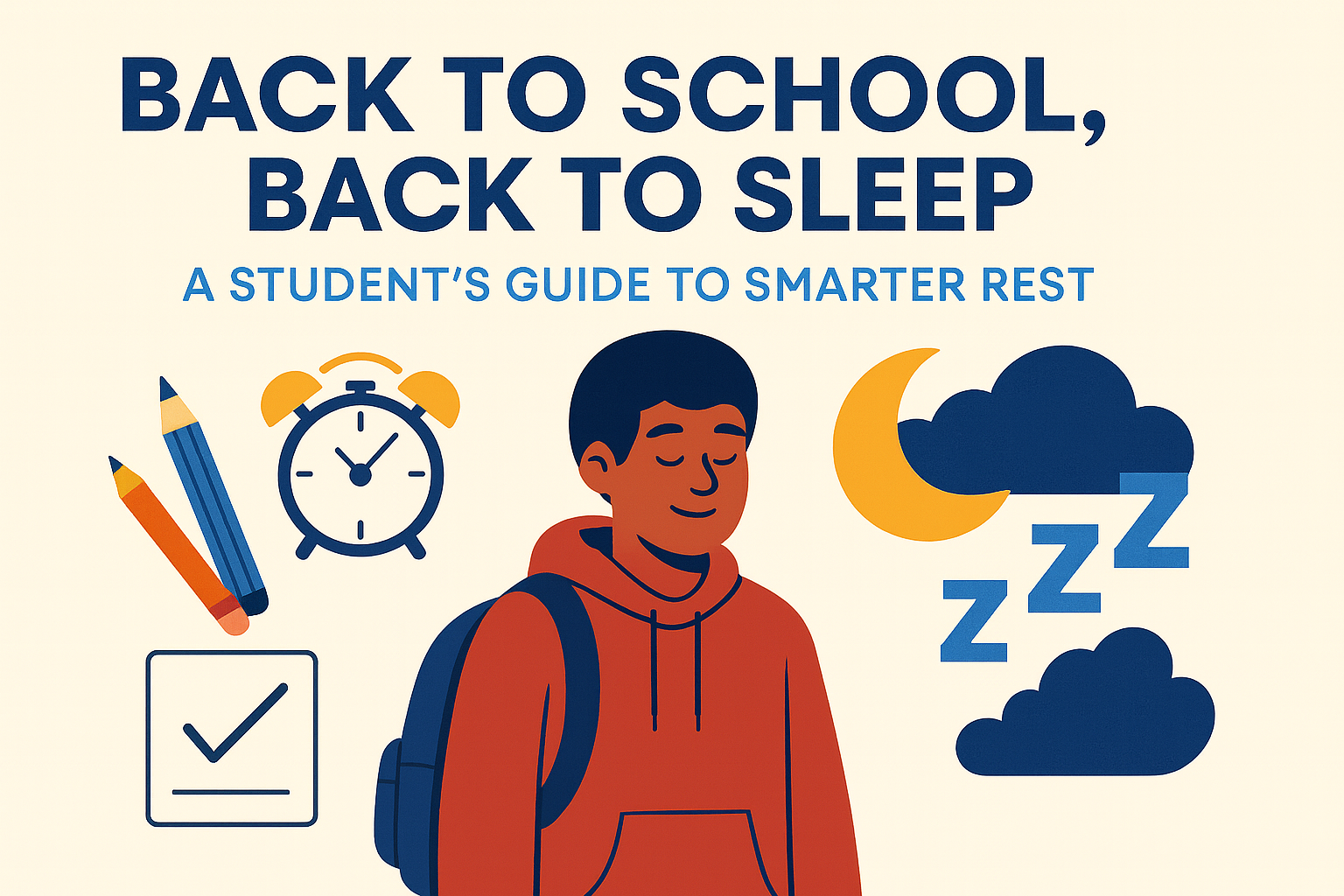



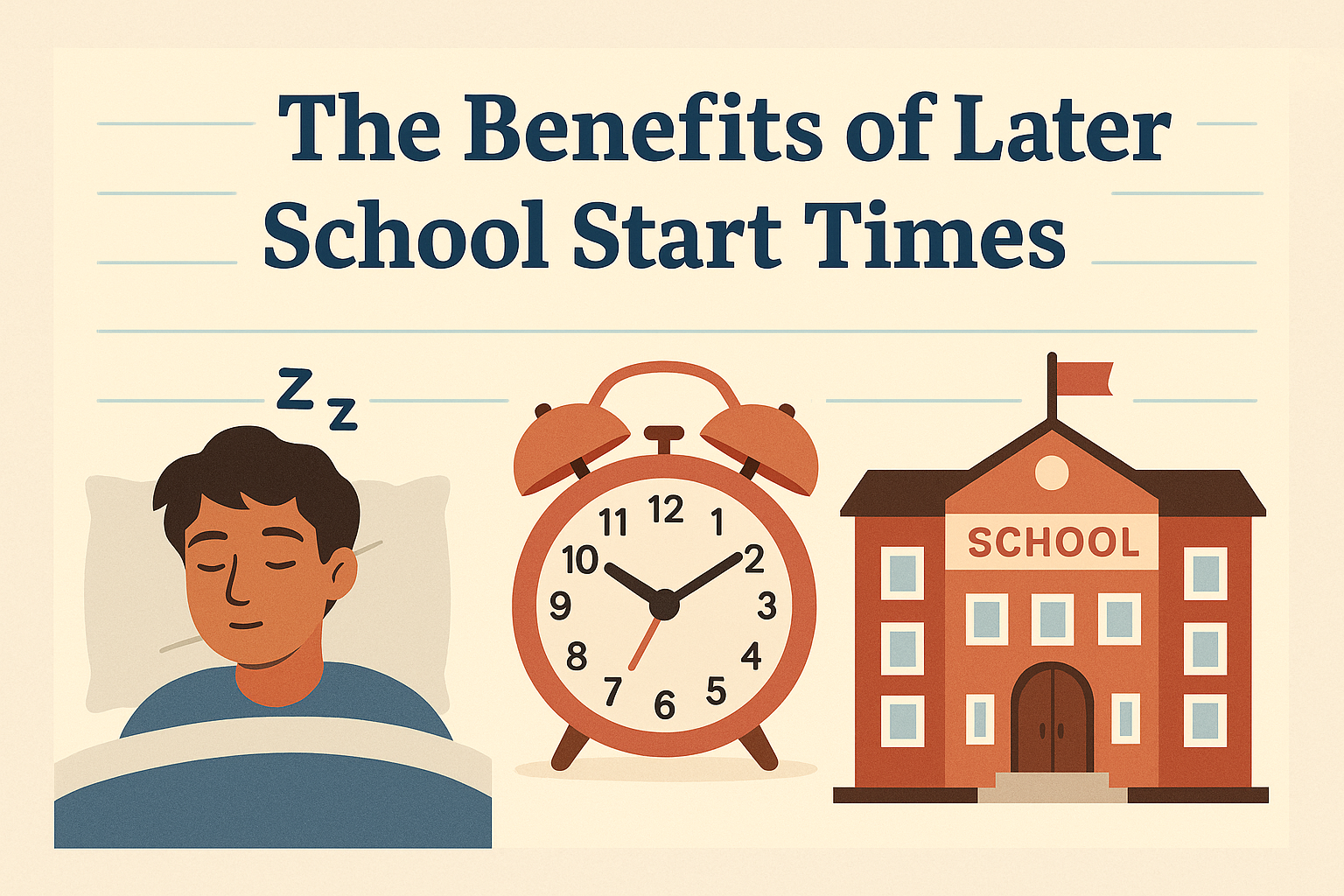

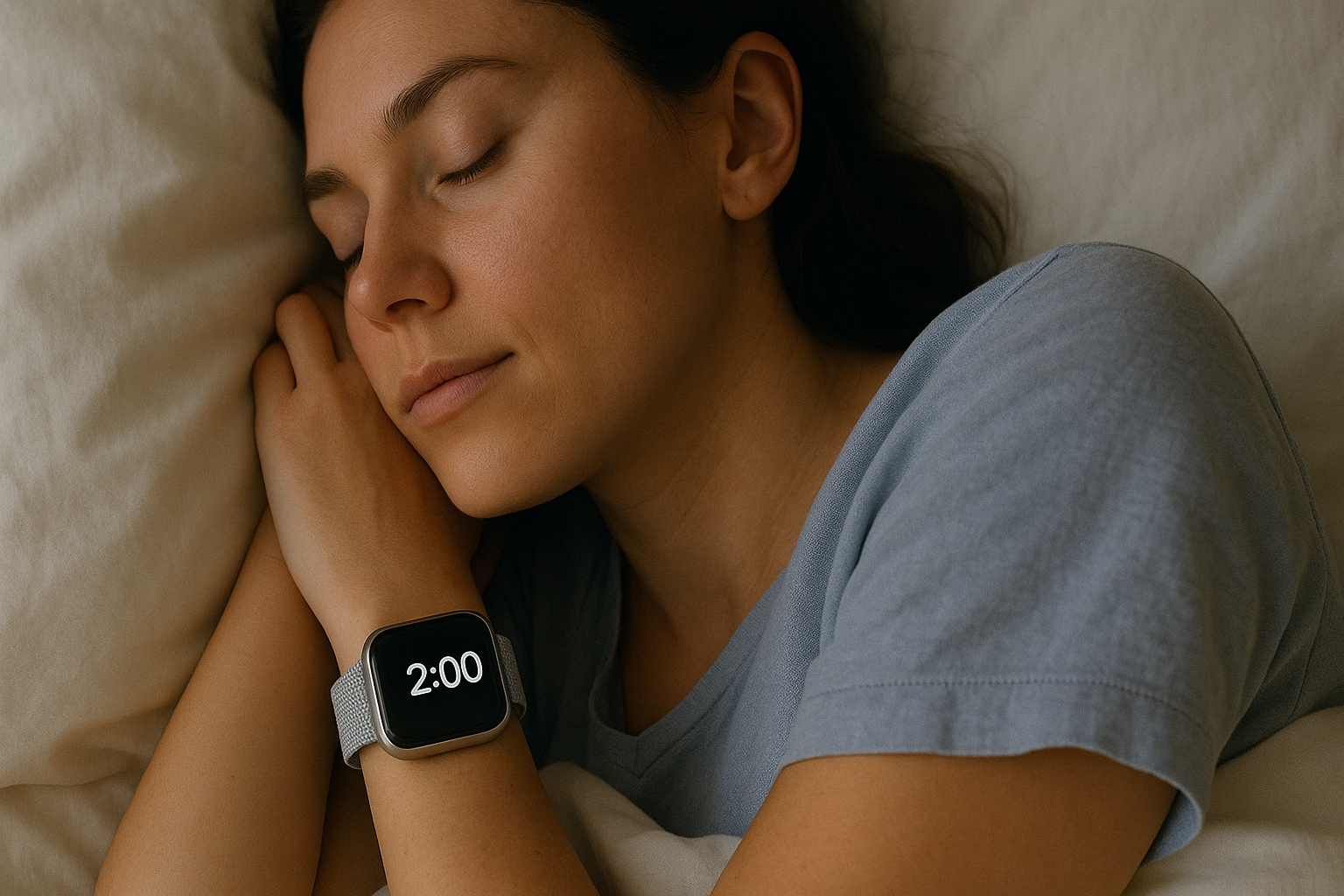


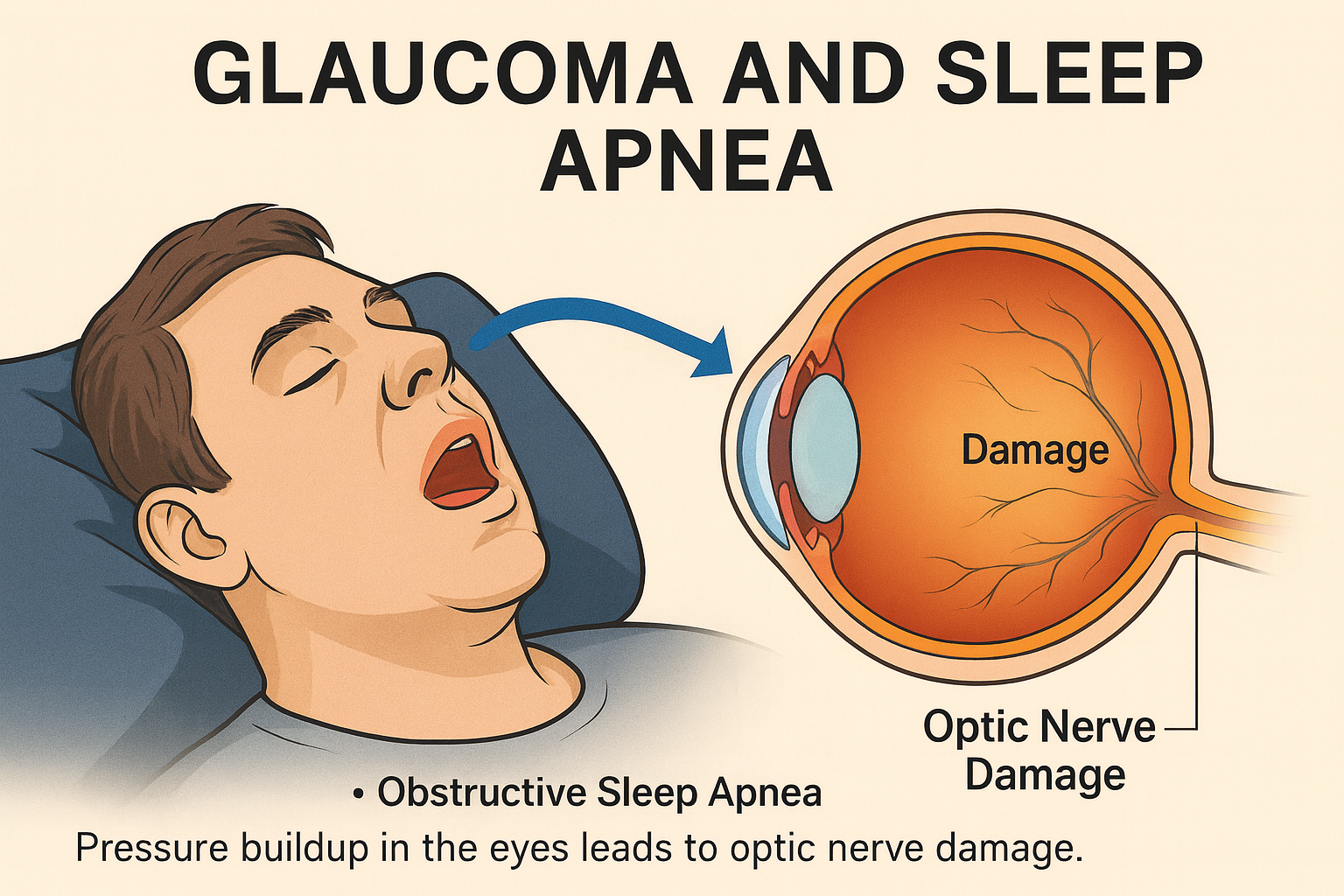

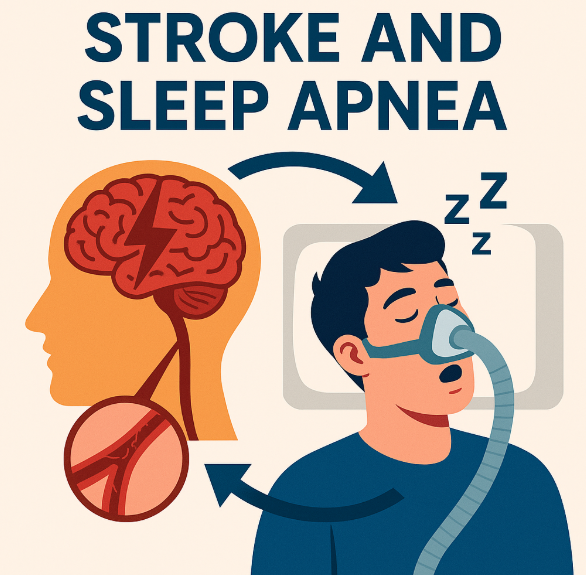
































































%20thumbnail.jpg)
.png)